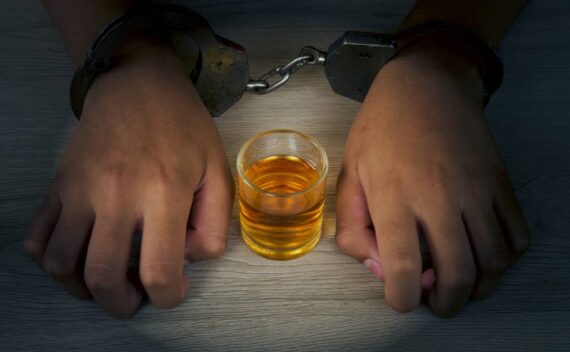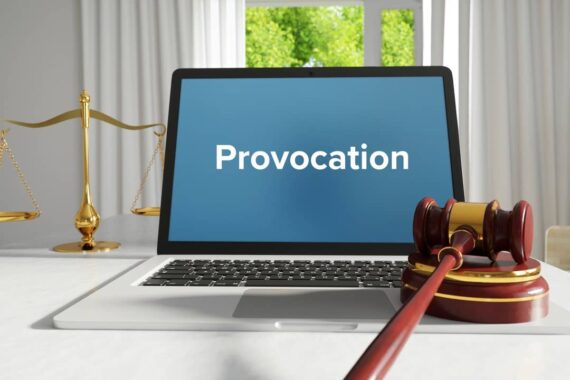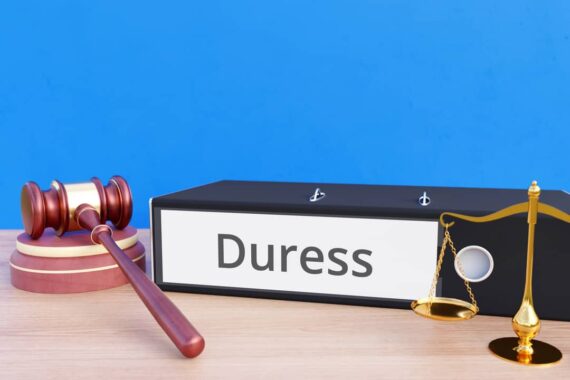Jun Khew Wong is the founder and director of WN Legal and has developed a reputation for being a transparent, experienced, and fearless advocate for his clients. Khew takes a strategic and honest approach to his client’s cases, to consistently deliver the best outcome. Although he has seen success across various areas of law, Khew particularly thrives in and is known for his excellent work in criminal law, family law and restraining orders matters. Khew is a fully-qualified practising barrister and solicitor and has obtained his Graduate Diploma in Legal Practice, Postgraduate Certificate in Chinese Law, LBB (Bachelor of Laws), and Professional Certificate in Arbitration Law and Practice. He was also recently voted as one of the Best 3
Criminal Lawyers in 2019 at the Three Best Rated. Read more about him here >>
Jun Khew Q Wong
Intoxication often plays a role in criminal cases, but can it be used as a defence? In Western Australia, Section 28 of the Criminal Code Act Compilation Act 1913 (WA) sets out when intoxication can and cannot be considered in determining criminal responsibility. While voluntary intoxication is generally not a defence, involuntary intoxication may be…
The law recognises that, in extreme circumstances, individuals may have no choice but to commit an offence to prevent serious harm or death. In Western Australia, the defence of emergency, outlined in Section 25 of the Criminal Code (WA), provides a legal justification for actions taken in response to immediate and unavoidable danger. If proven,…
The defence of mistake of fact is an essential legal safeguard under Section 24 of the Criminal Code Act Compilation Act 1913 (WA). It provides individuals facing criminal charges with a potential avenue for defence where they acted under an honest and reasonable but mistaken belief about the facts of a situation. If proven, this…
What is the Defence of Insanity in Western Australia? Under Western Australian law, a person may not be held criminally responsible for their actions if, at the time of the offence, they were suffering from a significant mental impairment that deprived them of their ability to understand, control, or assess the wrongfulness of their conduct.…
The defence of provocation applies when a person loses self-control due to provocation and acts immediately, as long as the force used is not excessive or likely to cause serious harm. In Western Australia, provocation can serve as a legal defence under the Criminal Code Act Compilation Act 1913 for offences involving assault. Whether an…
In Western Australia, the defence of duress provides legal protection for individuals who commit offences under the threat of serious harm or death. This defence acknowledges that, in some circumstances, a person may act unlawfully to avoid a greater danger. Below, we explore the legal framework surrounding duress, citing Section 32 of the Criminal Code…
23B. Accident Summary: The defence of accident applies when a person is not criminally responsible for an event that occurs unintentionally and without negligence. (1) This section is subject to the rules in Chapter XXVII and section 444A about negligent acts and omissions. (2) A person is not legally responsible for an event that happens…
In Western Australia, the law recognises that there are some offences that are more serious than others. The Courts in Western Australia classify serious offences as ‘indictable offences’, or a ‘crime’. Indictable charges will inevitably end up at the the higher courts if the matter is listed for a trial or sentencing. The lesser charges…
What Constitutes a Breach of Bail If you are arrested and released on bail, you will sign a document known as an “undertaking of bail”. By signing this, you enter into a legal agreement with the Court, consenting to attend Court sessions as directed and abide by bail conditions. The conditions of bail may include,…
Some punishments are excellent deterrents that help stop crime. When considering the crime of stealing, numerous components must be taken into account to understand the punishment. Some key factors that help explain various charges and penalties include, Definition of Stealing In Western Australia, the Criminal Code Act 1913 defines stealing as someone taking something…










